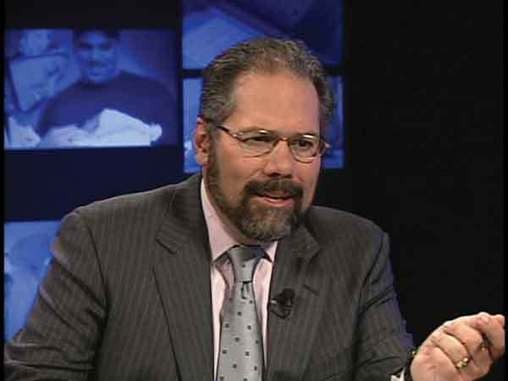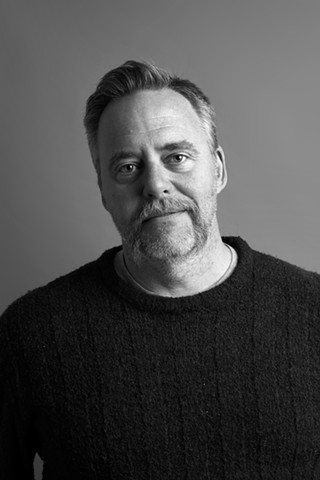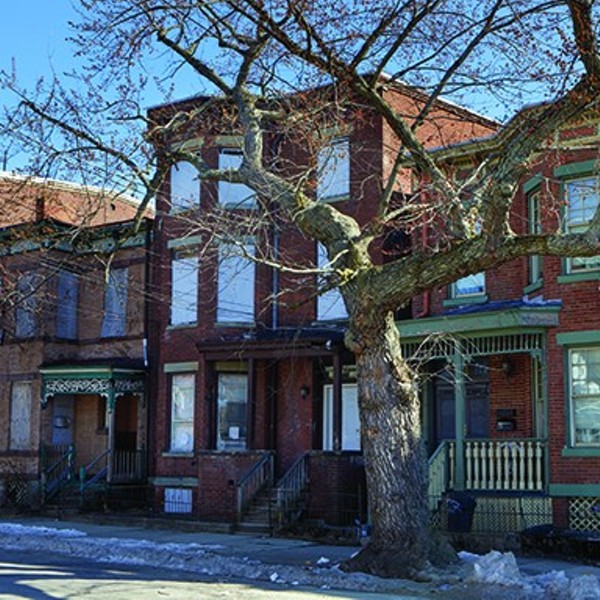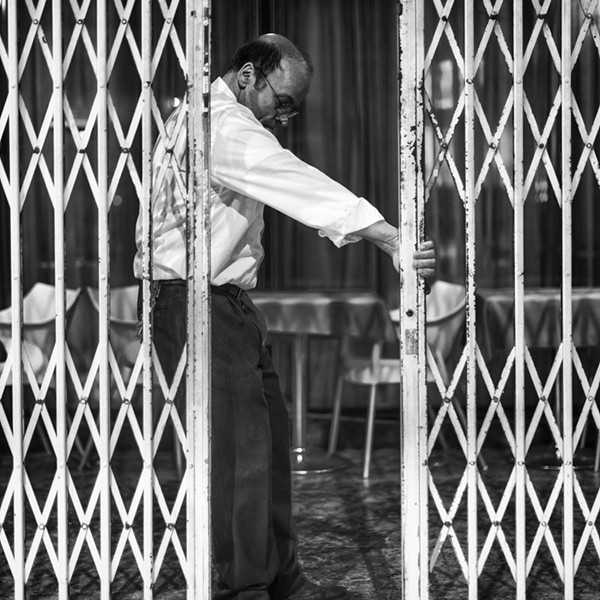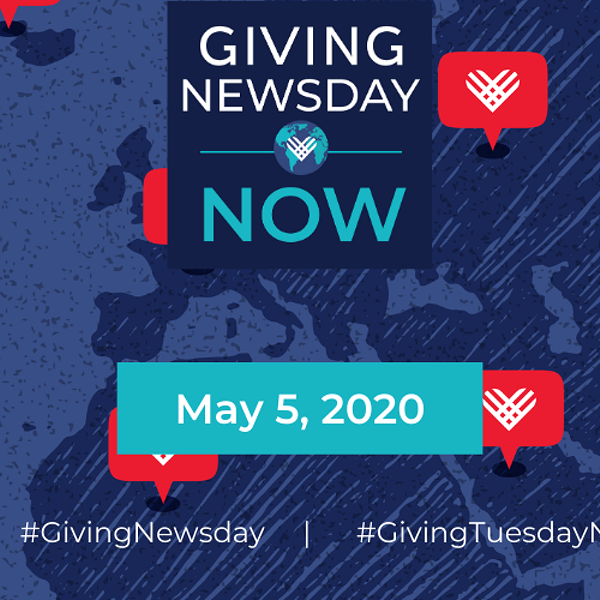A 25-year journalism veteran, Ray Suarez has covered historic events across globe, from the first all-race elections in South Africa in 1994 to the first 100 days of the 104th Congress and the Republican’s Contract with America during the first term of Bill Clinton. Suarez was host of the nationwide, call-in news program “Talk of the Nation” from 1993-99. He is senior correspondent for “PBS NewsHour” and host of “Destination Casa Blanca” on HITN TV. Suarez’s most recent book is The Old Neighborhood: What We Lost in the Great Suburban Migration, 1966-1999
Ray Suarez will lecture on “Lessons from Adversity: The Media’s Perspective in a Post 9/11 World” at SUNY New Paltz on Thursday, April 7 at 7:30pm in the school’s Athletic and Wellness Center. General admission tickets are $15. (845) 257-3880; www.newpaltz.edu/speakerseries.
How did 9/11 change the way that the broadcast media reacts to catastrophe and covers events in an ongoing matter?
You have to cast your mind back to September 10th, 2001. We’d just come off a summer where one of the big stories of the summer was Congressman Garry Condit’s affair with an intern who turned up dead. And while the death of Chandra Levy was a tragedy, you have to wonder whether it was a national story once it was understood that the congressman of questionable judgement was not the one who killed her.
9/11 shook us, and pretty hard, out of that Garry Condit world. The news business in the United States had been getting out of the foreign coverage business, and trying to re-rationalize how it covered the rest of the world since the end of the Cold War. If you looked at a bureau map of the three big networks when the Berlin Wall fell, you would find a heavy concentration of bureaus in Western Europe, a scattering in Asia, and almost nothing in Africa and Latin America, where a big share of the world’s population lives. The business was, if anything, in retreat from the rest of the world.
How much of that retreat was driven by the economic reality that these formerly monolithic news organizations were facing as information started to reshape itself on the Internet?
Some of it was driven by new economic realities but a lot of it was driven by a combination of boredom and a willingness to set new priorities. If you pay Katie Couric $15 million and Brian Williams $8 million, and you’re closing foreign bureaus, that says something about how you see your business. If you payed Katie a mere 10, that extra five million bucks could buy a lot of talent in the rest of the world:
Pre-9/11, what was triggering the retreat of news organizations from overseas and the the prevalence of tabloid-style coverage?
Easy—it’s cheap. Talk is much cheaper and fills up much more time cheaply. These are things that you can talk about around the clock—Garry Condit and Chandra Levy.
So how did 9/11 change that?
9/11 put the American news business on notice that even if we ignore the rest of the world, the rest of the world was not ignoring us. For a brief moment, the world’s eyes were focused on lower Manhattan, and to a lesser extent on the Pentagon, and we were awakened to this new world. This is the kind of stuff, (maybe not to this tremendous scale of thousands of casualties) but this is the kind of stuff that much of the rest of the world had been accustomed to for a long time. But it was not part of the American scene. So it forced America into an involvement that was new, but old for a lot of other places. I’ve been traveling regularly in the Middle East and in Western Europe for 30 years and there are paramilitaries, soldiers in uniform, cops with automatic weapons in the streets of capitols all over the world. But to see the National Guard in lower Manhattan was breathtaking.
When the media started to shift its focus again overseas—were they ready? There was some incredibly shoddy reporting that went on following 9/11 and before we invaded Iraq, a lot of flag waving and PR work done by the media for the government.
Yup, and that’s something that we did in haste and repented. It was clear on September 12th that the United States was going to go to war and that we were going to be involved somewhere else in the world. And because the trigger of events was an attack on American soil it seems like all [the media’s] discernment about being a watchdog, about being careful to listen to what the government says and how it says it, went out the window. Suddenly we were joined at the hip with our publics.
If an event like 9/11 happened again I’m not sure the media would be able to resist the urge to wave the flag again.
I suspect you’re right but I hope you’re wrong. When people were asking “Why us?” and “Why do they hate us?” that was a sure sign that we had not done our job in explaining what America is up to in the rest of the world. That is not to say that we deserve to be hated, not to say we deserve to be attacked—but it’s important to say that there’s more than one way of regarding our involvement in the rest of the world. We have a tendency to look at it all as done right and for the right reason. Six-and-a-half billion fellow human beings don’t always feel that way. And instead of taking that as a moment to discuss the recent history of America and these places, we rounded our shoulders, we knocked off the sharp edges, and we delivered a fairly comforting narrative that responded to that “Why do they hate us?” question.
Its the kind of touching, naive, charming thing that Americans think—Hey, we mean well, so who could think badly of us? Well, we don’t always mean well. We take care of our interests, not the interests of those people in those places. We take care of our interests, in those places. And people make up their own minds about whether it was a good idea or not, and that’s the trouble—we expect the rest of the world to see the stuff we do, the way we do. And 9/11 was one of those crystallizing moments where I think a lot of people started to realize there was more than one version of the truth, and that’s probably a good thing.







